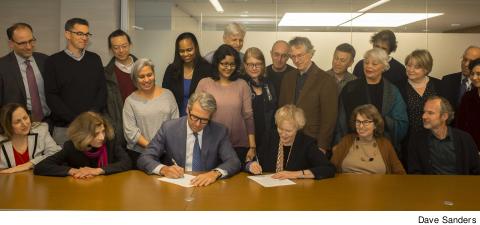 |
Starting next Fall, full-time faculty at CUNY will see a reduction in their contractual teaching load that will free up time for them to devote to individual work with students, mentoring and research.
PSC President Barbara Bowen said, “If there is anything that illustrates the power of a union, it is this win. If I had to cite one thing that led to the victory, I would say the strike authorization vote on the last contract. The overwhelming ‘yes’ vote gave us the power to insist on a first-stage agreement on a teaching-load reduction.”
“By Fall 2020 the contractual teaching load for professors, associate professors and assistant professors at the senior colleges will be 18 hours, and the contractual teaching load for professors, associate professors and assistant professors at the community colleges, as well as for instructors and lecturers, will be 24 hours,” Bowen said.
CONTRACT WIN
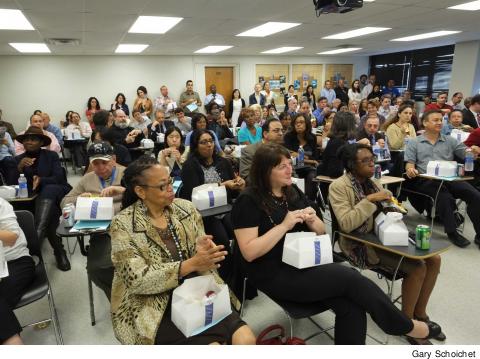 |
The mandate for a courseload reduction was agreed upon in a side letter to the last contract stating that a settlement on teaching-load reduction must be achieved before the next collective bargaining agreement goes into effect. But the union spent many hours over the last year with the administration negotiating how such a plan would be implemented, and dozens of members testified before the City Council and the CUNY Board of Trustees with the united message that this agreement was a restructuring of the pedagogical practices that would benefit students first and the university as a whole.
Below, a few members talk about why this accomplishment is so important, and how the union got it done.
A benefit for students
The teaching-load reduction is important for full-time faculty and students alike. Scholarship, creative work and student mentoring are all vital for the student-faculty dynamic to thrive. But CUNY’s high teaching load has been an impediment. Speaking personally, the advances I’ve made in curriculum development, research and publication were made possible largely through teaching-load reductions, whether the new faculty reassigned time negotiated by the PSC or the sponsored reassigned time of fellowships. So, the new contract provision recalibrates our workload and codifies something all of us know from experience: that our students benefit when our careers benefit, and our colleges benefit when a research-active faculty is supported in our work beyond the doors to our classrooms. In fact, that work invariably finds its way back into the classroom, too.
James Davis
PSC Chapter Chair, Brooklyn College
How we won
The contractual agreement – to reduce the contractual teaching load for full-time classroom faculty by three credits – which we negotiated as part of our last contract with CUNY was one of the strongest victories of the union. It signaled an agreement to amend the section on workload in the contract after 35 years. The agreement required a labor-management committee to work on the implementation and funding of the contractual reduction. Soon after the settlement of the contract, we formed a teaching load subcommittee of the bargaining team that would represent the union for the work with management. Our subcommittee worked ahead in preparation for the meetings with management. We understood that even though we had an agreement, its implementation would require grappling on conceptual and funding issues.
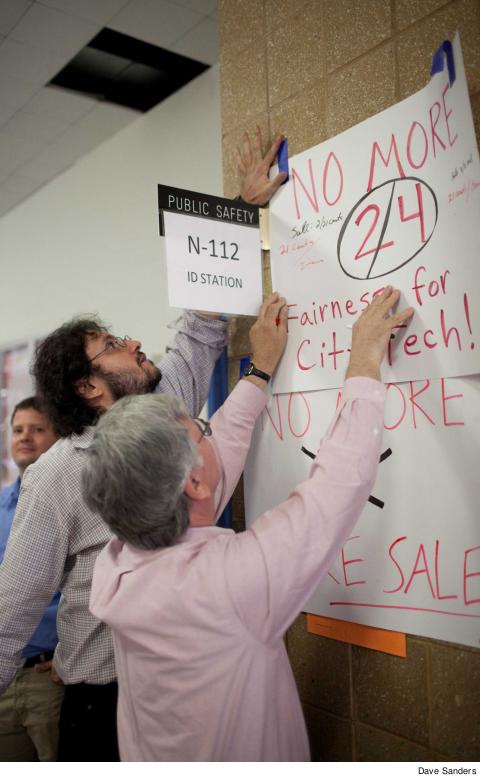 |
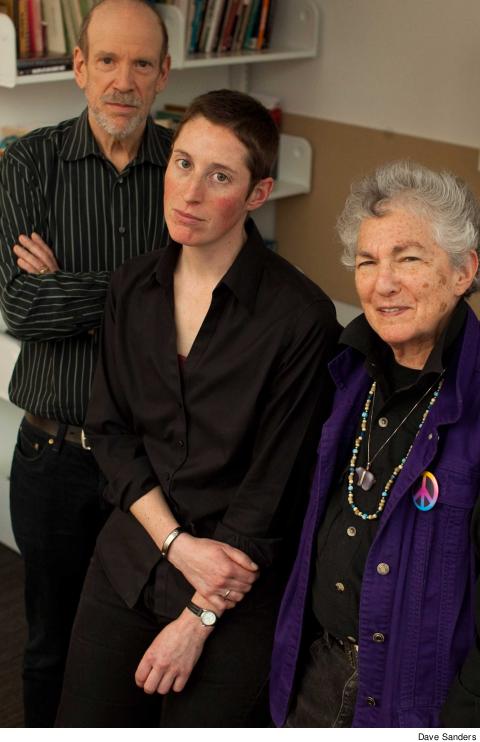 |
The conceptual burden of getting management on board regarding the implementation of the reduction in a way that meaningfully addresses faculty need proved to be as heavy as we had anticipated. Management’s initial position was that faculty should provide a quantifiable accounting of the use of the time they gain through the reduction. Over several sessions, we argued that the nature of academic research is such that it is self-directed and time spent on such work cannot always be quantified. Further, our demand for a reduction, we reminded management, was for us to be able to better serve the needs of our current students by providing them with the time and attention they need outside class. A reduction in teaching load creates the conditions to honor and improve on the work that faculty currently do with students and on academic research. We prevailed in persuading management to measure the contractual gain in time in a way that is consistent with the specificities of academic labor.
Nivedita Majumdar
PSC Secretary
The two-year campuses win
PSC chapter chairs at the community colleges used different kinds of actions, including petitions, journals documenting workload, forums sponsored by the PSC on the issue of the teaching load, testimony at Board of Trustees hearings and the City Council, internal chapter meetings, local demonstrations and forums at the colleges, and raising the issue at labor-management meetings.
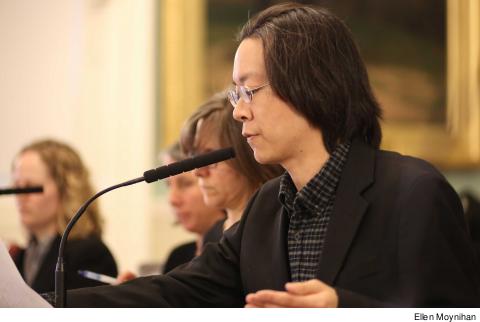 |
As teachers at open-admissions institutions within CUNY, community college faculty have always recognized that good teaching is our most important responsibility. Our students, as first-generation college students, children of immigrants and people from lower-income communities, need more from us both inside and outside of the classroom. They require intellectual and emotional support from us, one-on-one interaction and mentoring. In addition to teaching, we had many other demands on our time – for research and publications, college and departmental service, professional development and participation in new administrative initiatives requiring additional meetings and time.
Lorraine Cohen
PSC Vice President of Community Colleges

